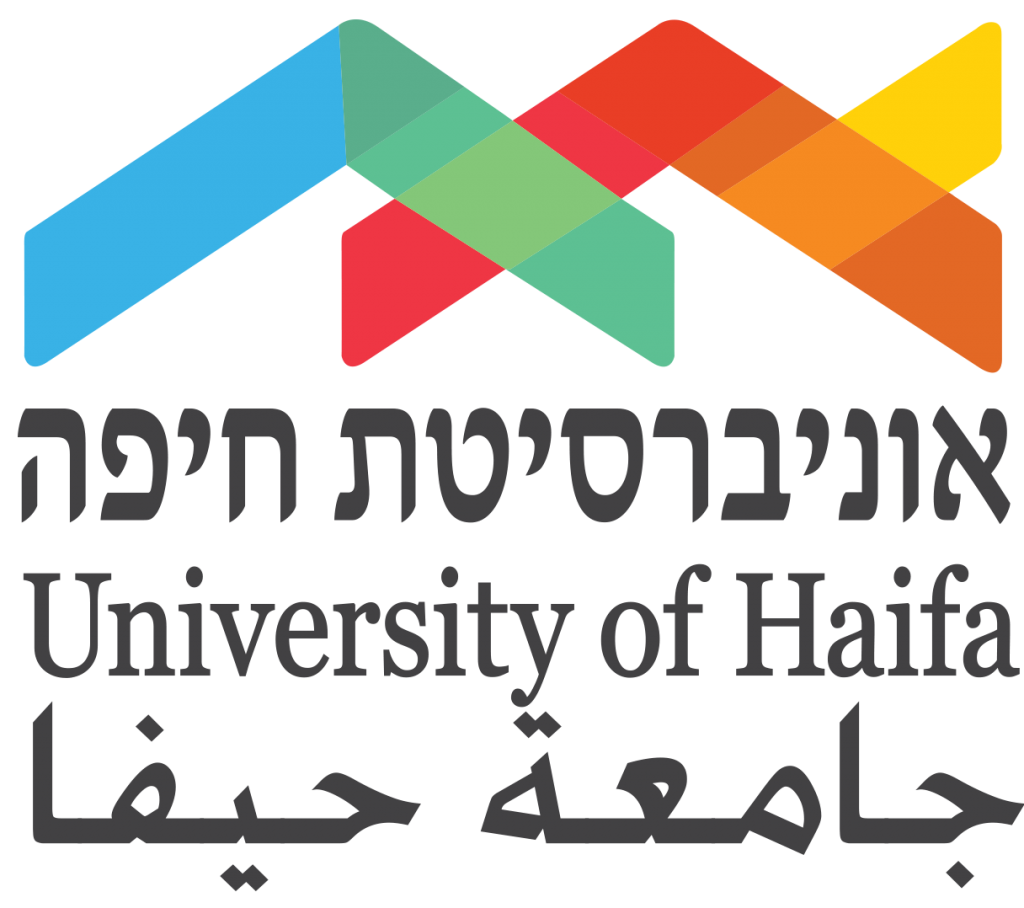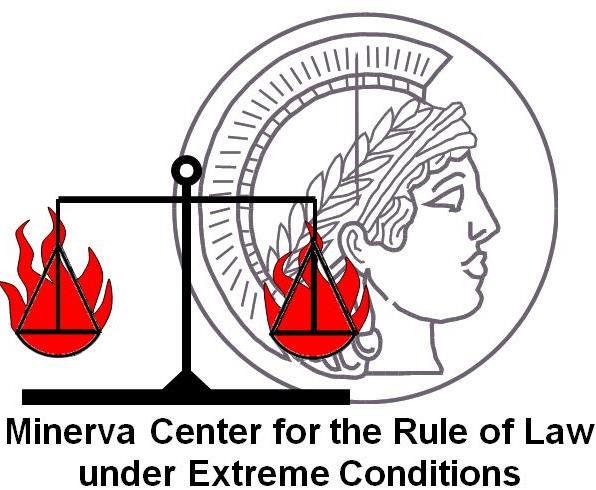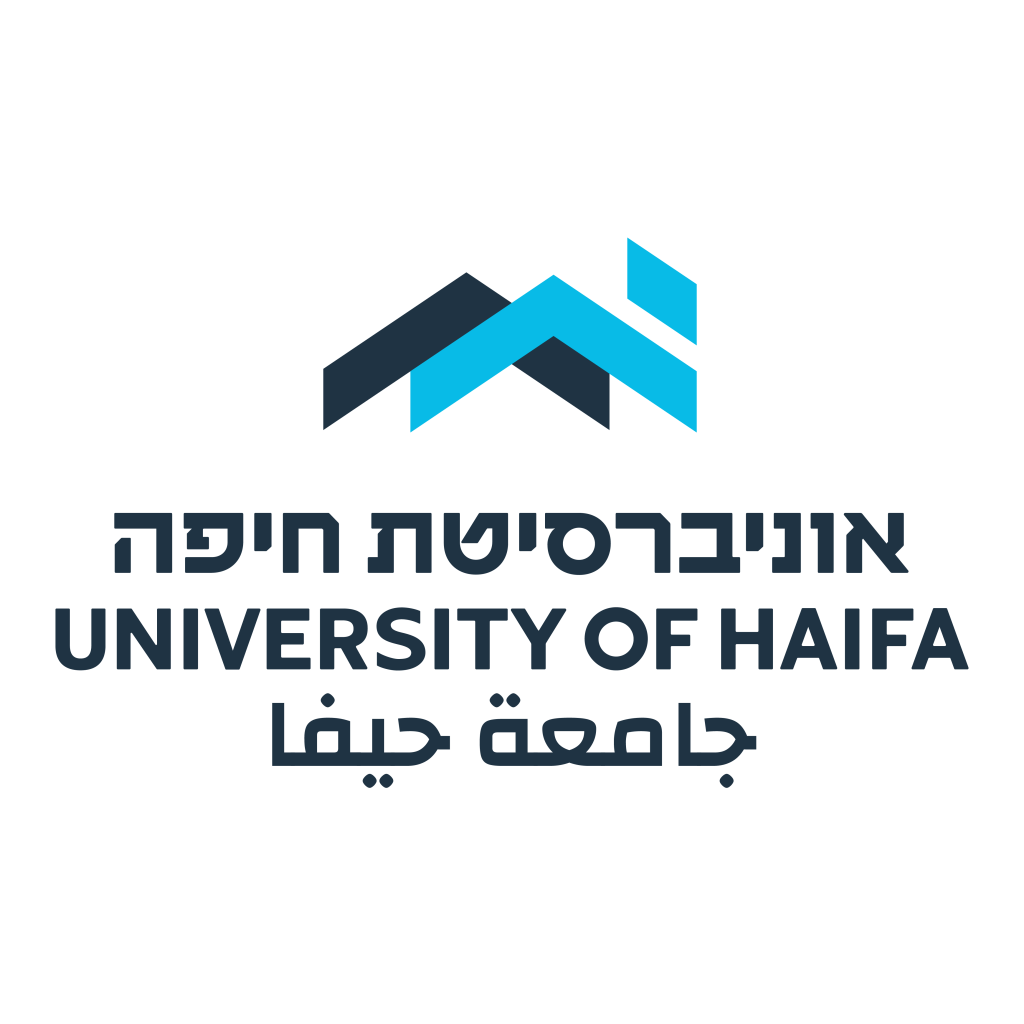

The Abraham Accords and Middle Eastern Crises:
Legal and Political Aspects
Online discussion
With:
Adv. Naomi Elimelech-Shamra
Director of treaties department, Israel Ministry of Foreign Affairs
Samer Abdelrazzak Sinijlawi
Chairman, Jerusalem Development Fund
Moderated by
Dr. Itamar Mann
PI at the Minerva Center for the Rule of Law under Extreme Conditions, Faculty of Law, University of Haifa.
Wednesday, December 9, 2020 at 14:15-15:45 (Israel time)
The event was live on Facebook, as well as recorded and available on YouTube
Abstract
Compliance with international law undoubtedly depends mainly on non-legal factors, such as legal culture, public opinion, ethics, religion or reciprocity. This applies a fortiori to armed opposition groups (AOGs), whose legal subjectivity is often not recognised by States and is only subject to certain special regimes of international law such as international humanitarian law (IHL) or international criminal law. International case law predominantly illustrates that AOGs violate rather than respect international law, as it can barely assess positive examples of compliance. This negative picture of international law compliance by AOGs follows in part from the special rules of IHL and international criminal law, in part from their control mechanisms that tend to scrutinize violations rather than positive examples of compliance. While the compliance of AOGs with international law has been assessed through international control mechanisms under those special legal regimes, scholarship has almost fully ignored the internal law of AOGs as applied by their dispute settlement bodies or courts. The present paper relies on an empirical research on decisions by tribunals of AOGs and claims the more AOGs evolve to state-like structures, the more they are capable to comply with international law, even beyond the special regimes governing armed conflicts.
Antal Berkes (PhD, Paris 1/ELTE Budapest; LLM, CEU) is currently a Lecturer in Public/International law at Brunel University London. Antal’s research interests encompass international human rights law, international humanitarian law and refugee law in areas outside the effective control of the State. In 2019, Antal was a postdoctoral research fellow at the University of Pretoria, where he prepared his book titled: International Human Rights Law in Areas beyond State Territorial Control (CUP, 2021, forthcoming).


